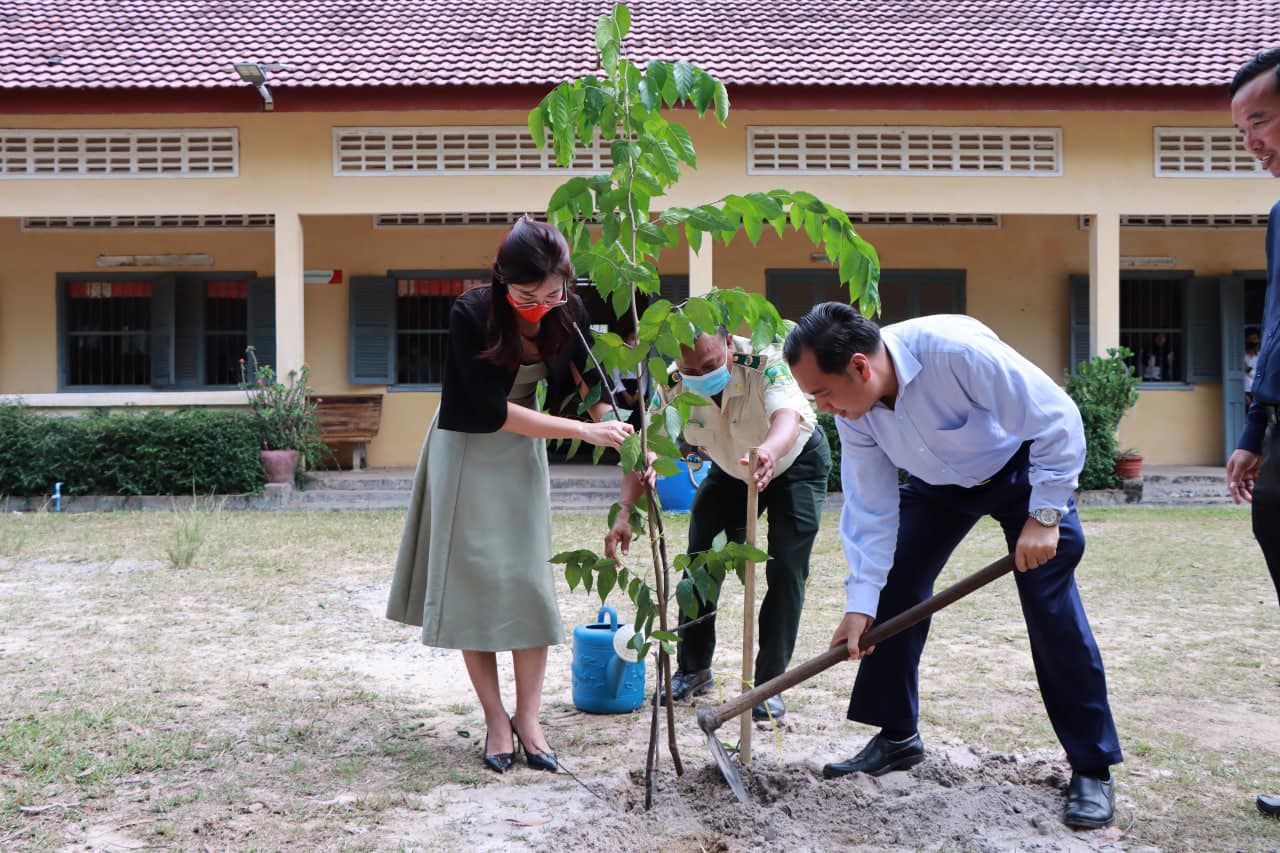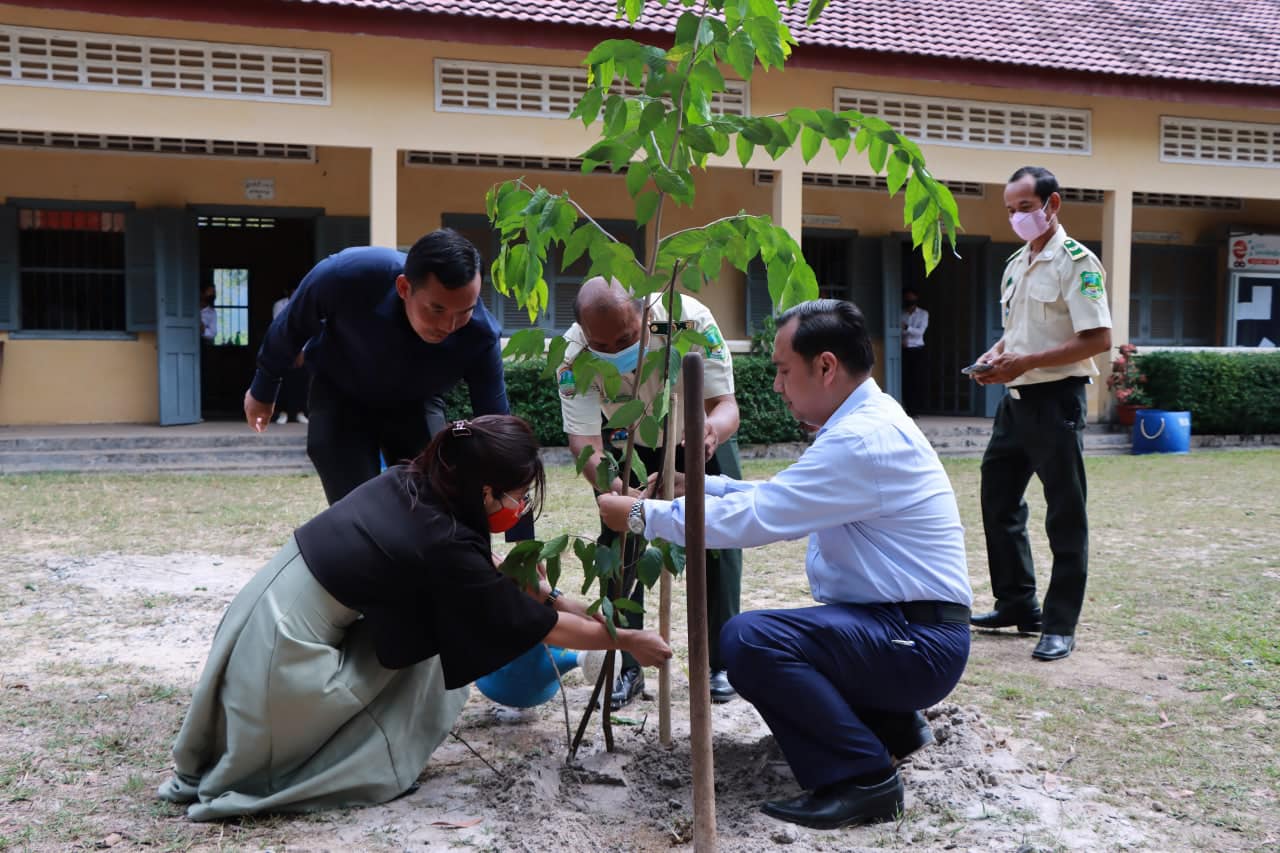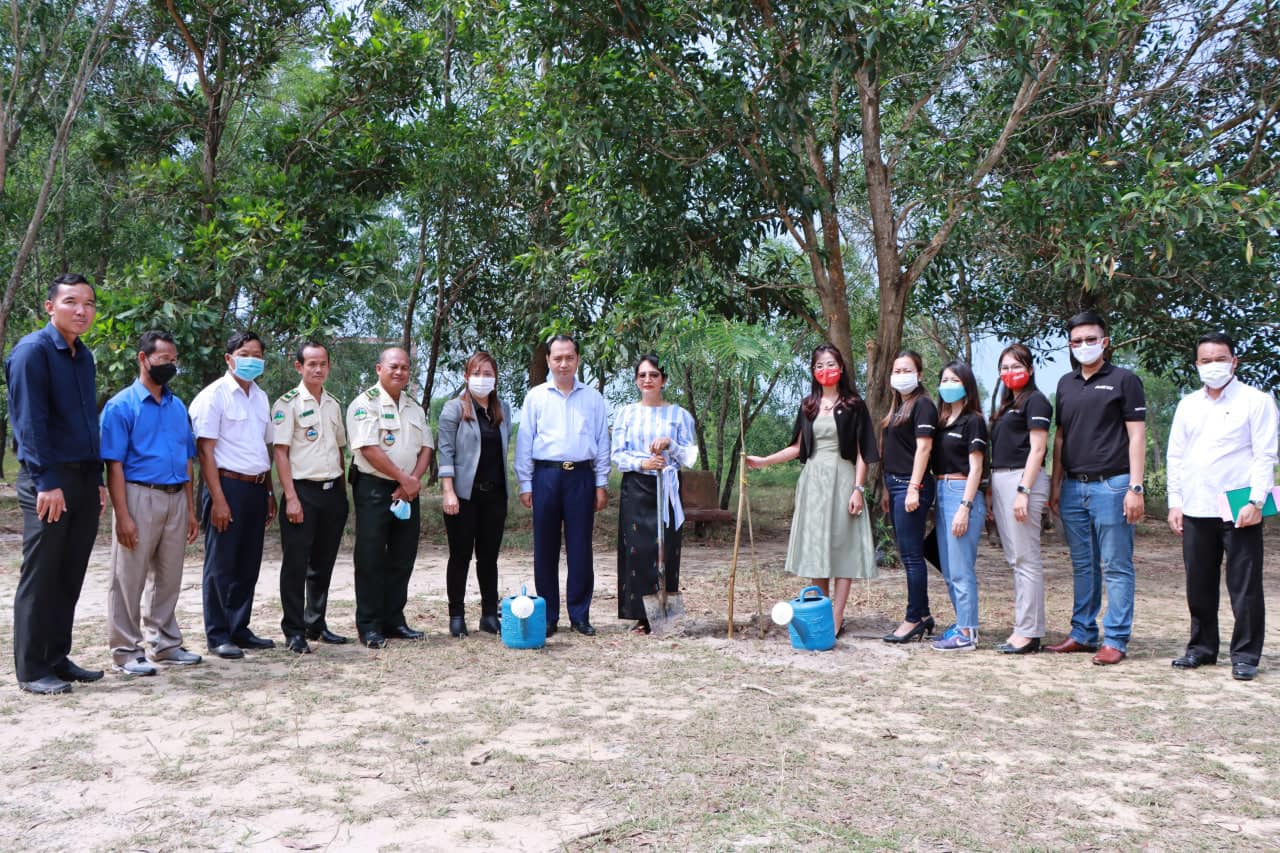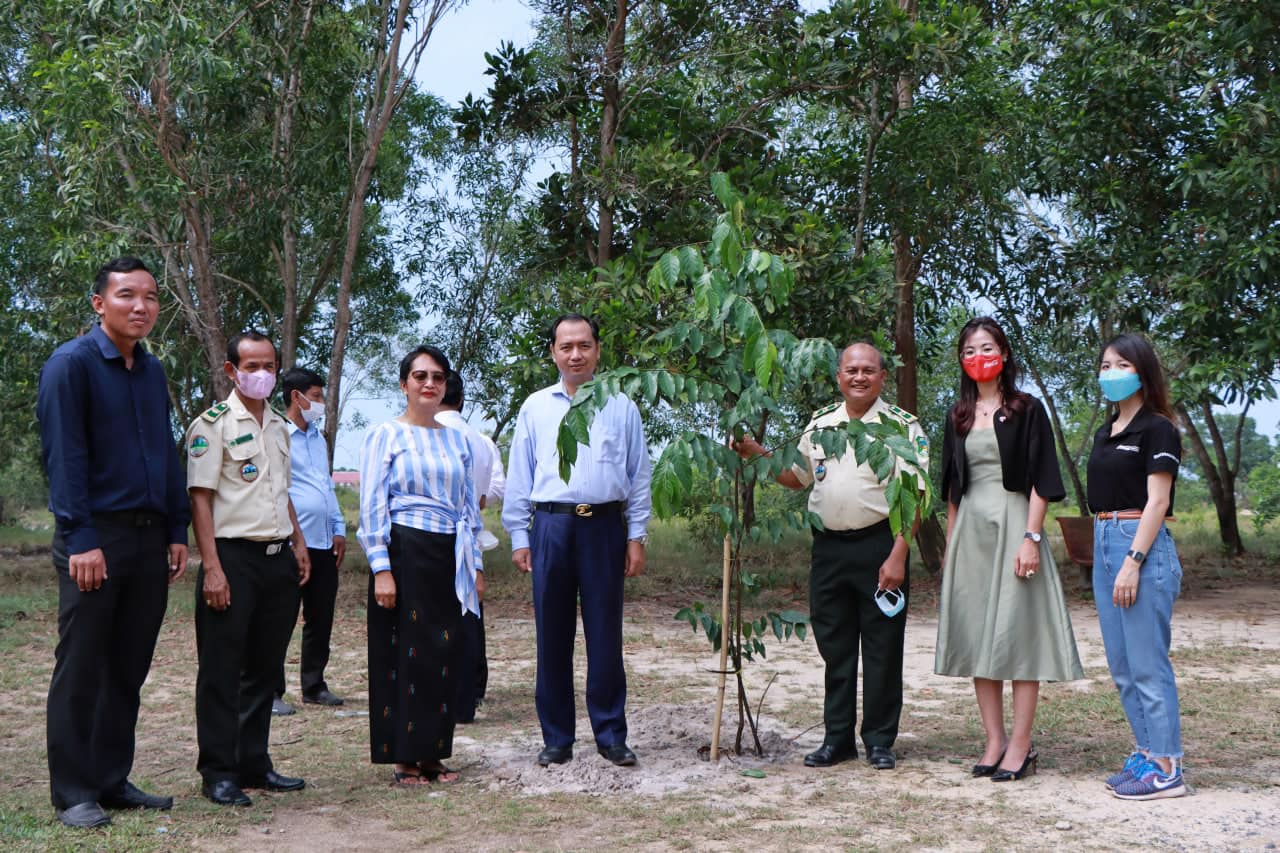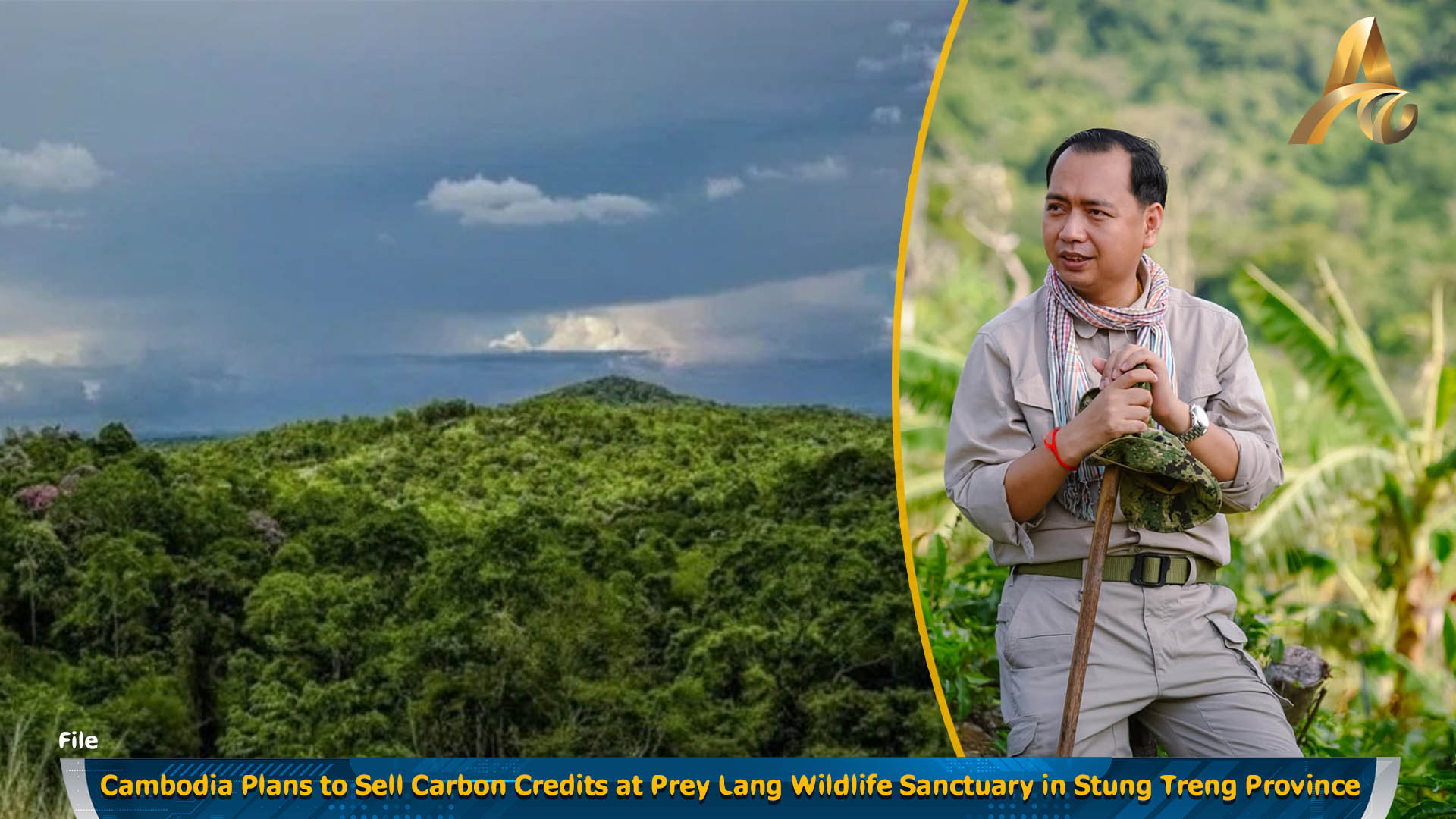
Cambodia Plans to Sell Carbon Credits at Prey Lang Wildlife Sanctuary in Stung Treng Province
PHNOM PENH: The Ministry of Environment and related partners are preparing procedures for the sale of carbon credits at Prey Lang Wildlife Sanctuary in Stung Treng Province after successfully selling carbon credits in Mondulkiri and at the Southern Cardamom Mountain National Park.
In a message celebrating World Forestry Day on Monday, 21 March 2022, the Secretary of State for the Ministry of Environment, Neth Pheaktra, said that the ministry and relevant partners are preparing to sell more carbon credits at the Prey Lang Wildlife Sanctuary in Stung Treng province after selling carbon credits at two projects (the Keo Seima Wildlife Sanctuary in Mondulkiri Province and the Red Plus Southern Cardamom Project, including the Southern Cardamom Mountain National Park and Tatai Wildlife Sanctuary).
He said the major companies that decide to buy carbon credits in the voluntary market include Disney, Shell and Gucci. Based on an independent agency assessment, Cambodia was identified as a country which has the ability to protect its natural resources in accordance with the standards required for selling carbon credits. So far, only Cambodia and Indonesia, among ASEAN member states, have successfully sold carbon credits in the voluntary carbon market.
The Secretary of State added that before purchasing a carbon loan, there must be a clear assessment made by experts on the country's ability to produce carbon and other mechanisms that the Royal Government of Cambodia applies to ensure the protection and effective management of protected areas rich in forests, wildlife and other natural biodiversity.
He said the companies' decision to purchase carbon credits from Cambodia shows that the Kingdom has the sufficient capacity to protect the region's natural resources and that natural resources in Cambodia are effectively conserved.
The proceeds from the sale of carbon credits are used to conserve natural resources and contribute to community development, improving people's livelihoods, creating new jobs for ecotourism, as well as training the community to manage and raise animals, supply markets, grow mixed crops for daily use, and to serve tourists who visit the community.
Currently, Cambodia has a protected area of land that spans 7.3 million hectares, or about 41% of the country's land mass, and has sold carbon credits to major international companies between 2016 and 2020 for US $11.6 million.
